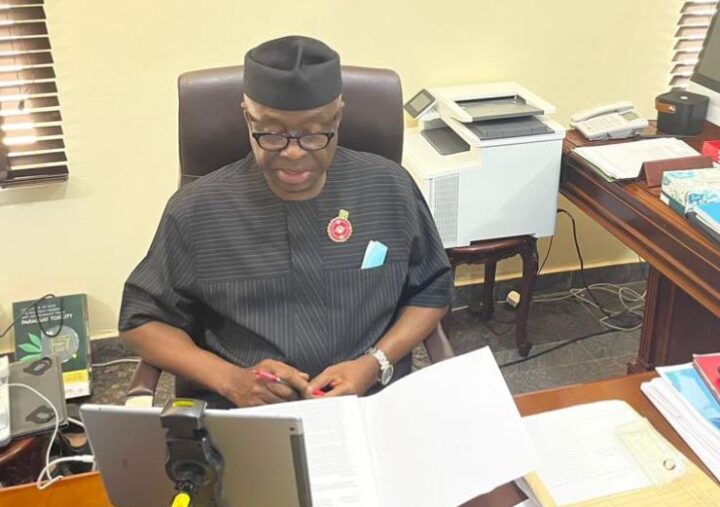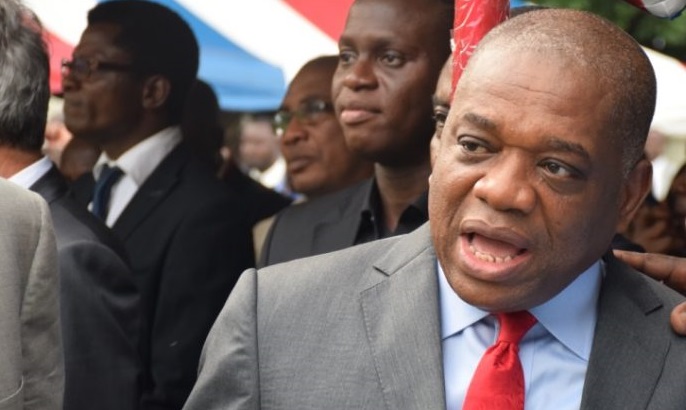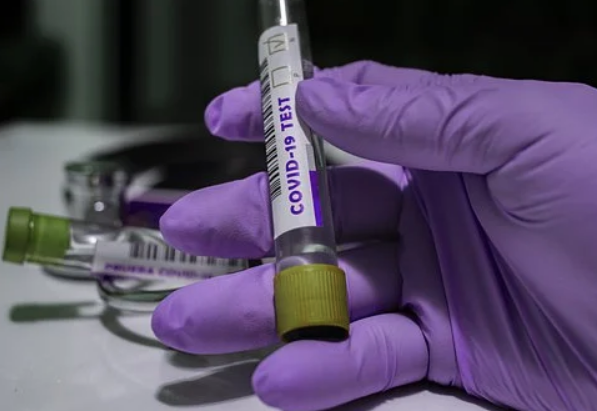Niyi Adebayo, the minister of industry, trade, and investment, says the reduction in the import levy of automobiles is not a policy summersault.
Adebayo told THISDAY on Monday that the levy reduction was primarily targeted at exploring ways of boosting government revenues and addressing immediate and short-term issues.
The minister described the process of developing the automotive industry as a marathon, not a sprint.
The 2020 finance act signed into law by President Muhammadu Buhari provides for a reduction in vehicle import levy from 35 percent to five percent; the import duty, however, remains unchanged at 35 percent.
Advertisement
The import duty of tractors was also reduced from 35 percent to 5 percent; motor vehicles for goods transport and transport of more than 10 persons from 35 percent to 10 percent.
“We have received various comments and even criticisms regarding what some are calling a policy somersault. But it is important to distinguish between a policy somersault and what is essentially an absolutely critical review of an existing policy that requires adjustment,” the minister said.
“Given the year we just had, the Finance Act 2020 was aimed at exploring various avenues to boost government revenue by addressing immediate and short-term issues affecting certain sectors across the economy.
Advertisement
“The automotive industry can have a catalytic effect on the industrialisation of a country as it drives mass production, local content, localisation of production techniques and job creation.”
Adebayo explained that the policy would only affect the automotive industry for a short while.
“Its reduction would impact the sector only in the short term. We are confident that the diligent implementation of the other levers of the Nigeria automotive industrial development plan (NAIDP) will bring about growth and development of the sector in the medium to long-term.
“We have commenced the review of the NAIDP to address the existing shortcomings and include the right levers required to attain our expectations for the automotive industry in a country like Nigeria.
Advertisement
“This administration is committed to partnering with the private sector on this journey and we ask that they work with us as we redefine and fully implement the instruments required to achieve our goals.”
The minister also said the overall aim of the policy review is to stimulate demand for locally-assembled vehicles by creating a federal-government-backed vehicle credit financing scheme (VCFS) to enable Nigerians to own new cars.
The federal government had increased import duty tariff and levy for vehicles to discourage importation and attract investment in the automobile sector.
Advertisement
Add a comment






